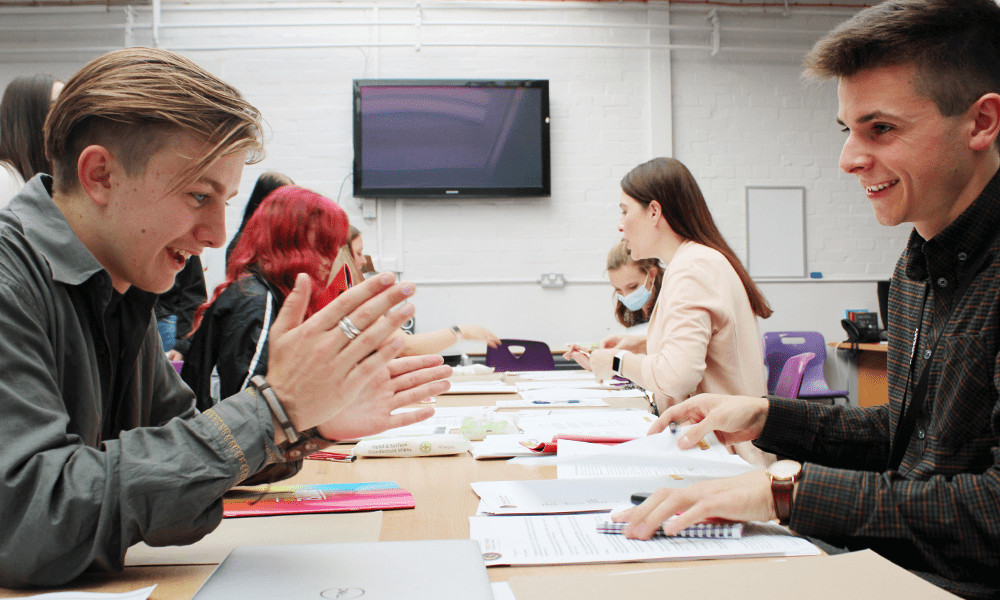
Choosing your Courses
This is a big decision and one, which deserves time and attention. We recommend you choose subjects which you find interesting – as you move from ten subjects to three or four and spend six, lessons and four to five hours homework each week on a course it really helps to want to do it.
Secondly, play to your strengths! Universities will offer places based on grades, so look at your progress and results so far, use teachers’ advice and look at what the courses involve.
Finally, be aware of the entry requirements of the courses or careers you may be interested in (websites are good for this) and let us know on your application form so we can include it in your interview.
High quality courses on offer:School leaders’ vision of high-quality courses, post 16, to enable pupils from the locality, especially the disadvantaged, to have a secure route to university and careers, is firmly being realised. “
Ofsted report: Teaching & Learning
Websites for Choosing
UCAS provides a handy summary on A level choices too:
www.ucas.com/further-education/post-16-qualifications
qualifications-you-can-take/levels
To look directly at university entry requirements go to:
www.ucas.com/students/coursesearch
Preparing for your Courses
You will be given guidance on this throughout the year; you should research carefully your choices and review them as you find out more from mock results etc. The best long-term foundation will be built by paying attention to media items linked to your courses and starting to develop your background reading. It is also important to be aware that GCSE results will go on your applications for University/apprenticeships and for employment and so you should be working hard from now on.

The Further Education System
Contrasts with Key Stage 4
A levels and their equivalent courses are the building blocks between GCSE and university study. You will learn to be more independent and develop your self-directed study skills. We expect you to prepare for lessons, be fully involved in class and to consolidate your learning afterwards. Work is more demanding, more extended and in most cases develops your decision-making skills, as you have to plan and develop pieces in more depth.
Because you are expected to undertake a weekly average of four hours independent work for each of your subjects in addition to your timetabled lessons, you learn to manage your time. Full time students will therefore not be able to fit in more than 12 hours of paid part-time employment a week.
